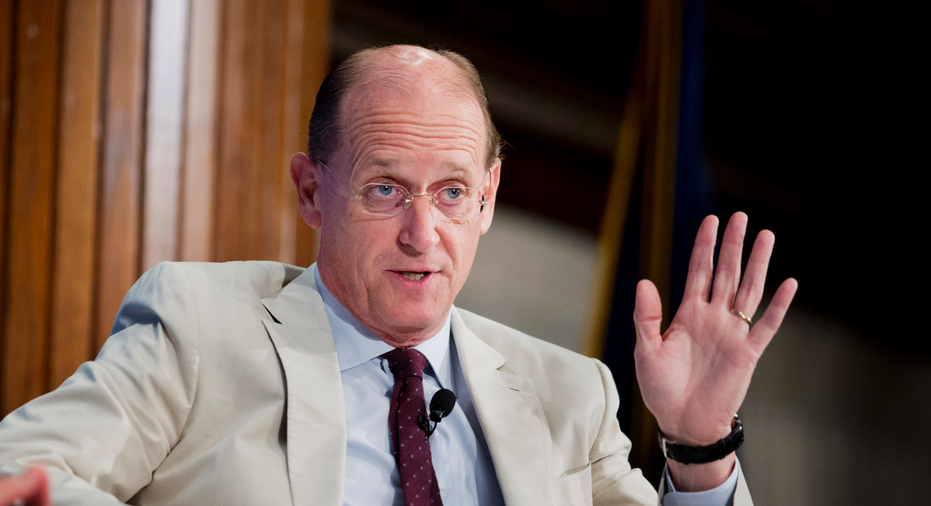Airline vet to lead Amtrak in a summer of repairs, reckoning

WASHINGTON – A decade after setting Delta Air Lines on a post-bankruptcy resurgence, the airline's former chairman and chief executive officer is taking on another transportation challenge: Amtrak.
The railroad on Monday named Richard Anderson as its top executive, putting a leader known for innovation and customer service in charge of a government operation struggling to keep up with congestion and crumbling infrastructure.
Anderson, a former Texas prosecutor, gained a reputation among Delta's rivals as brash and unrelenting, but he won employees' hearts with policies that encouraged them to speak up and challenge leadership's mistakes.
When Anderson left Delta in 2016, the airline posted an 18 percent operating-profit margin, better than rivals American Airlines and United Airlines.
"Richard understands the basics of what is necessary to serve customers well," Amtrak board chairman Tony Coscia said. "That's something Amtrak will benefit from."
Anderson takes over as president on July 12 and will share CEO duties with current Amtrak boss Charles "Wick" Moorman until Moorman moves to an advisory role at the end of the year.
Neither is drawing a salary, Coscia said.
Anderson was CEO of Northwest Airlines from 2001 to 2004 and CEO of Delta from 2007 to 2016, taking charge of the Atlanta-based carrier as it emerged from bankruptcy and an industry-wide downturn after the Sept. 11, 2001, attacks. He merged Delta and Northwest in 2008.
As co-CEO, Moorman will remain in charge of Amtrak's ambitious, summer-long effort to fix years of deferred maintenance at its busiest hub, New York's Penn Station. The project, hastened by recent derailments and rush-hour snarls, is expected to disrupt and delay millions of commuters on Amtrak's profitable Northeast Corridor.
Moorman also will continue to oversee the construction of new tunnels and repairs to the current, century-old ones linking New York and New Jersey. Amtrak sees the project as vital to expanding capacity and improving travel times on the Washington-Boston corridor.



















